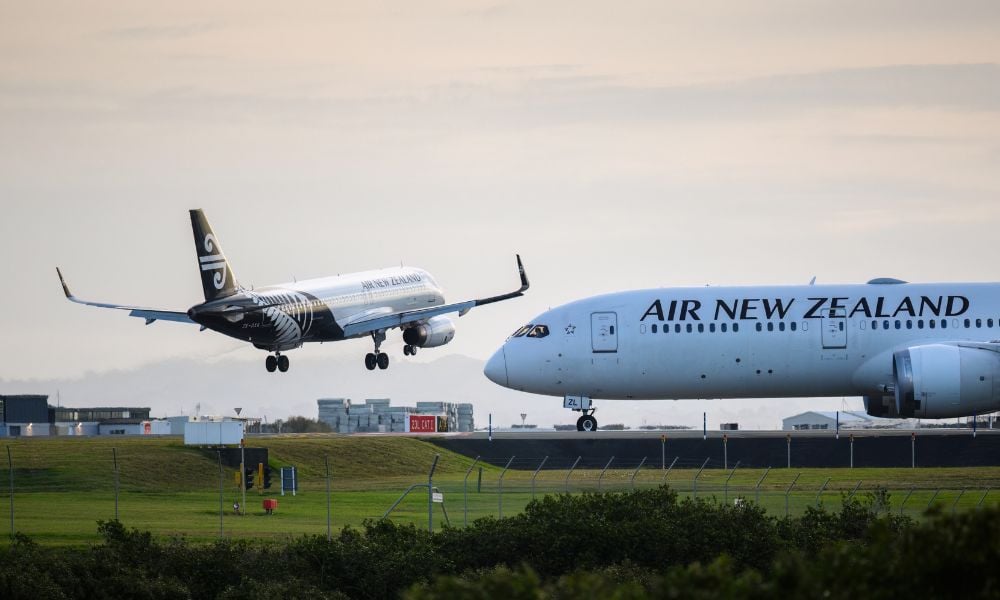
The court affirmed the company's right to refuse service based on staff welfare concerns

The Court of Appeal upheld Air New Zealand’s decision to impose a 12-month travel ban on a Nelson-based lawyer, dismissing the appeal and affirming the airline’s right to refuse service based on staff welfare concerns.
On 2 July 2019, Air New Zealand informed the appellant that she was banned from flying with the airline for a year. The airline claimed the decision was based on multiple incidents involving confrontations with its staff, including a dispute over lounge access at Nelson Airport in December 2018 and an interaction with staff at Wellington Airport in April 2019.
The appellant filed a lawsuit in the High Court, arguing that Air New Zealand had breached its Conditions of Carriage by failing to exercise reasonable discretion in imposing the ban. She also alleged that the airline had misrepresented her entitlement to access its Koru Lounge, in breach of the Fair Trading Act (FTA). The High Court dismissed both claims, leading to an appeal.
The appellant argued that Air New Zealand’s investigation was flawed because it had not requested or reviewed covert recordings of her interactions with staff. She contended that the decision to ban her was unreasonable and breached the airline’s contractual obligations.
The Court of Appeal rejected this argument, concluding that Air New Zealand was not required to conduct a formal inquiry before exercising its discretion to refuse service. The judges found that the airline’s decision was based on extensive internal reports and staff statements documenting repeated confrontations. While the investigation had some flaws, they did not undermine the reasonableness of the airline’s actions.
The appeal court upheld the High Court’s finding that the travel ban was imposed to protect staff from ongoing aggressive and intimidatory behaviour. The appellant’s interactions with airline employees were found to have caused distress, with staff describing instances of public confrontation, disparaging remarks, and belittling responses to their concerns.
The appellant also claimed that Air New Zealand had misrepresented her lounge access entitlement at Nelson Airport in December 2018, arguing that this confusion led to the confrontation that ultimately contributed to the travel ban.
The court dismissed this claim, agreeing with the High Court that even if misleading information had been given regarding lounge access, it was not the cause of the travel ban. The judges found that the airline’s decision was based on a pattern of behaviour that extended beyond the lounge incident.
Additionally, the court noted that the appellant had not provided sufficient evidence to prove that Singapore Airlines, which issued her family’s tickets, acted as an agent of Air New Zealand when providing information about lounge access.
The Court of Appeal upheld the High Court’s ruling and dismissed the appeal. The appellant was ordered to pay Air New Zealand’s legal costs.